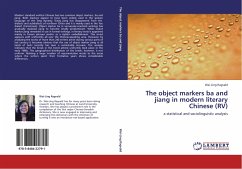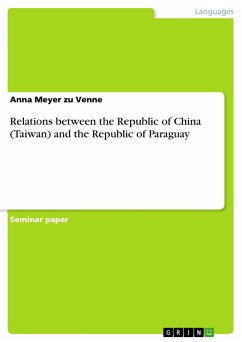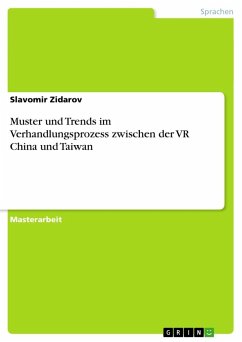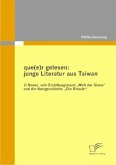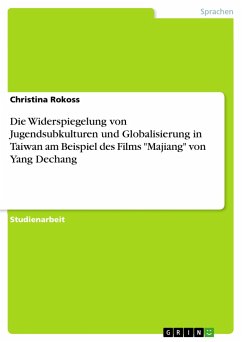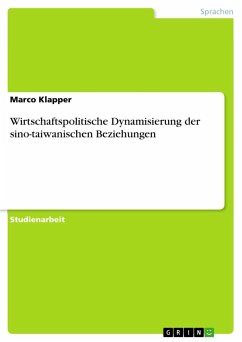Taiwan's nativist literature, known as Taiwan hsiang-t'u literature, originated in the Japanese occupation when Taiwanese native authors strived to establish a national literature distinct from Japanese and Chinese literatures. Drawing on recent colonial/postcolonial theory, this project aims to investigate the process of writing in which the native tongue profoundly undermined the privileged status of the colonizer's language and through which natives could articulate their colonial existence. It argues that the new conception of Taiwanese writing produced a new literature where the cultural otherness was traversed by the language and literature of the colonized. Concurrently, the practice of Taiwanese writing as a means of resistance to the writing of the colonizer constructed a new paradigm for Taiwanese national identity.
Bitte wählen Sie Ihr Anliegen aus.
Rechnungen
Retourenschein anfordern
Bestellstatus
Storno


